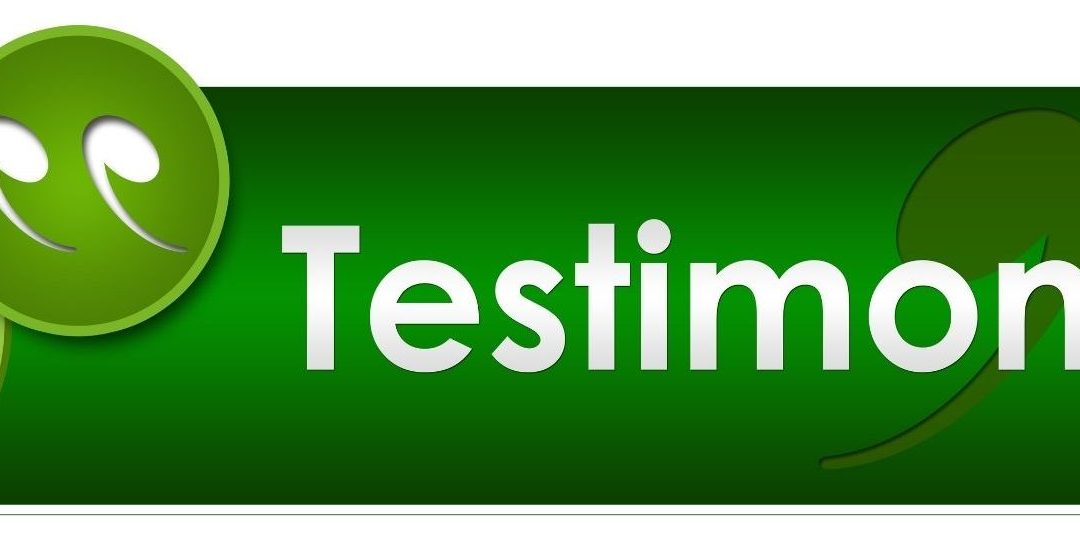When marketing your business, testimonials are a great way to advertise your business and make it more relatable. Plus, testimonials can increase your business’s conversion rates. Beyond that, and most importantly, they build trust by acting as a third-party endorsement. Another key point is that testimonials show conformity bias which is known in advertising jargon as bandwagon. When an endorsement is qualitative and personal, it influences others. The public feels there is community support for the brand. Generally speaking, a testimonial comes from a client or consumer of the product and their experience is powerful.
How to get testimonials
Obtain testimonials in a variety of ways. Both written and verbal reviews are good. However, it is a good idea to not only keep your eyes and ears open for them, but also take direct action to get them. Consider these strategies:
- Ask For them–seek out your most loyal clients and ask for testimonials.
- Watch For them–Through an enthusiastic email, social media post, great Thank You note, or a verbal show of appreciation. You can put these testimonials in a “testimonial” file for future use.
- Visit Google, review sites, and LinkedIn for recommendations. They can all be good sources of favorable remarks.
- Incorporate a comment section or a follow-up process after a job or sale is complete.
It can be a challenge to get testimonials. As soon as the project is done or the product delivered, the customer is on to other business. Everyone is busy. Therefore, it’s important to touch base with them immediately to get the feedback you need and want. To facilitate receipt of a testimonial you can do a couple of things. Contact the client without delay and ask them questions to find what they liked about the transaction and service. Then, with their permission, compose a testimonial BASED ON THEIR REMARKS. Send it to them for approval. Never add or embellish what they say, but you can use your questions to elicit the information you need. However you get testimonials, it is very important to always get permission from the person before you use them publicly.
What Makes For a Good Testimonial?
There are some important elements in the most effective endorsements, especially if they are included in marketing materials. Overall, top testimonials are:
- Short
- Natural language
- Direct and focused
- Specific and detailed
- Sincere and Authentic
- Credible
Besides words supporting your business, credibility is important. Not only do you need their name, title, and company they represent, but also try to get a picture and/or a LOGO. The use of pictures like headshots has increased over the last several years. Sometimes a client might not want their name and information used publicly. Perhaps they would allow the use of their initials, or the type of industry.
Where Can Testimonials Be Used?
Supportive customer statements are good both online and offline. Some good ways to use them online:
- On your website
- In social media
- In advertising
- On review sites like Google, Yelp, etc. (the client must input these, but you can ask them to do so)
Offline use them:
- In brochures and leave-behind materials
- For advertising – ads and direct mail
- In posters and signs
- Some people have put them on business cards
To summarize, getting and using them effectively is a conscious campaign that affects many other marketing efforts. Testimonials can be the first step to a wonderful business relationship. This is one goal that is used by small businesses especially. Shopping local and supporting local businesses is reflected in sincere and credible endorsements. When you are ready to expand the marketing for your business, we are here for you, We will help you use testimonials to make a heartfelt statement to support and promote your company. Contact us at 317-563-7235 or visit us at https://www.numediamarketing.com. Are you on Facebook? We are, too. Let’s be friends!

